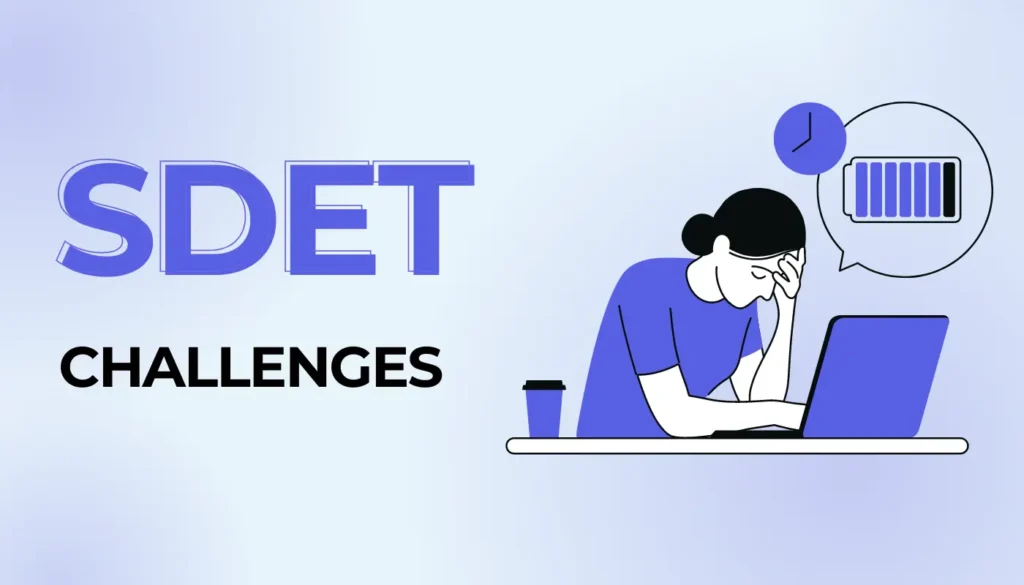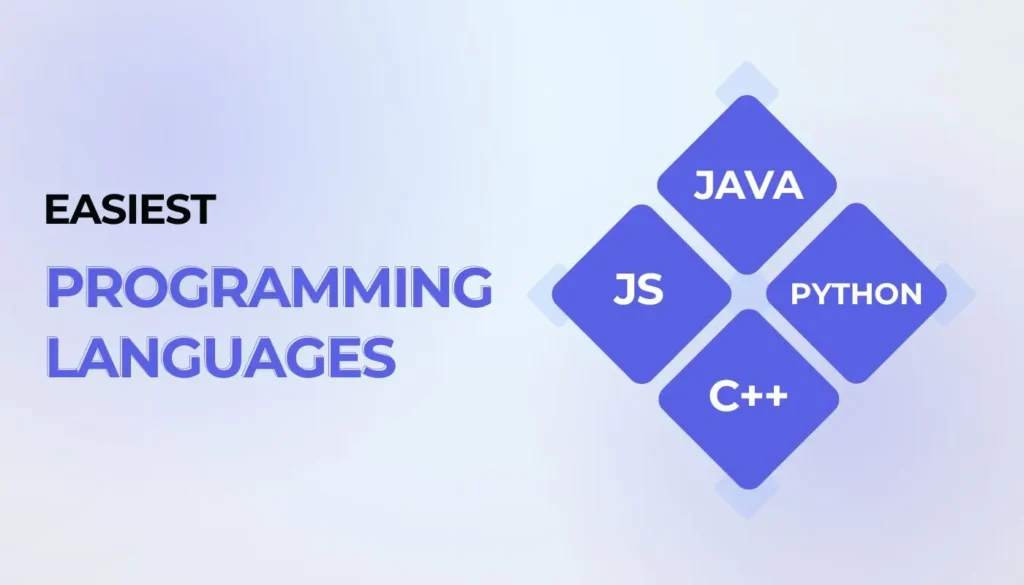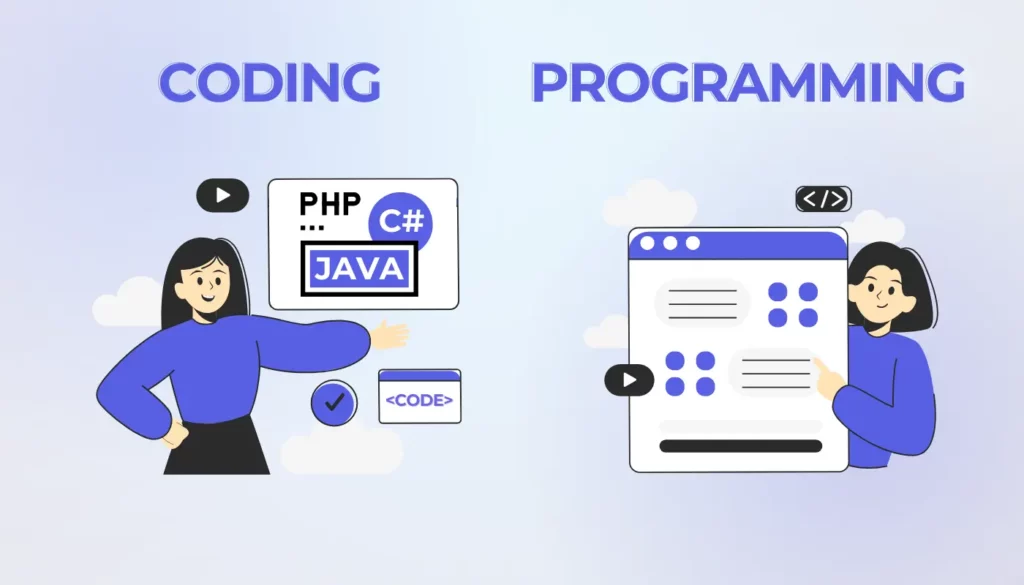Key Differences between QA vs QC. QA prevents issues (think “proactive planning”), QC finds problems (think “reactive inspection”). QA focuses on the process, QC checks the final product. Both work together for top quality!
Quality assurance and quality control are two different yet important aspects of software development. Both help ensure the reliability of the development process and the integrity of the final product.
We can say that QA builds quality and QC verifies quality. Let’s find out in detail how QA and QC differs and why they matter.
Aspect | Quality Assurance (QA) | Quality Control (QC) |
|---|---|---|
Focus
| Preventive measures to ensure quality throughout the process
| Reactive measures to identify and fix defects
|
Objective
| Ensures that processes are in place to deliver quality
| Verifies that the product meets specified requirements
|
Timing
| Implemented throughout the software development lifecycle
| Conducted after development, during testing
|
Responsibility
| Shared responsibility across the entire team
| Primarily the responsibility of testing teams
|
Activities
| Establishes standards, reviews, process audits
| Covering testing, inspections, peer reviews
|
Goal
| Early defect prevention, process improvement
| Identifying and correcting defects before release
|
Scope
| Broader as it covers the entire development process
| Narrow, focused on specific product components
|
Metrics
| Process metrics (defect density, efficiency)
| Product metrics (defect counts, test coverage)
|
Outcome
| Improved processes, fewer defects
| Identification and correction of defects
|
Tools
| Process management tools (e.g., Jira, Trello)
| Testing tools (e.g., Selenium, JUnit)
|
Don't know where to start your tech career?
We are here for you! Schedule a free call with our consultant for personalized advice on achieving your learning goals
QA Ensures Processes, QC Confirms Products
Quality Assurance (QA) is proactive, as it sets up and maintains processes that ensure software development meets high standards. For example, if a banking application is being developed, the QA specialist establishes coding guidelines and testing frameworks. This helps them prevent defects and streamline the entire development process.
Quality Control (QC) acts as the final check, in which the development team assesses whether the developed product adheres to the specified standards or not. For example, once the banking app is developed, the QA specialists conduct functional, usability, and performance tests to identify and rectify any issues.
QA Prevents Errors, QC Detects Errors
Quality Assurance (QA) is designed to prevent errors throughout the software development process. For this, various practices such as continuous integration and regular code reviews are integrated at the early stage. All this help identify potential issues before they become significant problems. Indeed, this proactive stance ensures that errors are minimized from the start.
Quality Control (QC) is focused on error detection in the final stages of development. This process includes thorough testing of the software’s functionality. For instance, the QC specialists may run system tests and user acceptance tests to uncover any defects. It is clear that QC aims to catch and fix any errors that QA processes might have missed. Just to ensure that the product’s integrity before it reaches the end users.
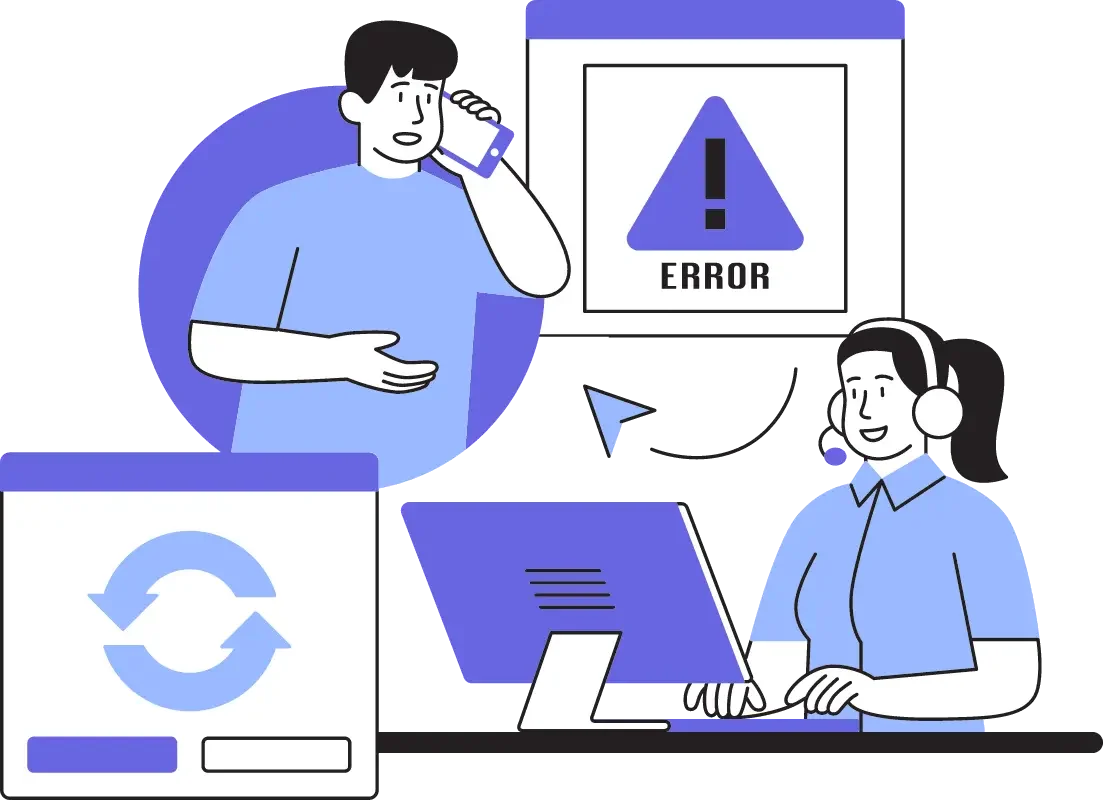
QA Implements Systematic Actions, QC Conducts Specific Operations
Quality Assurance (QA) implements systematic actions across the entire software development lifecycle. These actions include setting standards, defining processes, and ensuring continuous improvement. The purpose is to create an environment where quality is maintained throughout every phase of development. Indeed, all this allows QA specialists to build a stronger foundation for the software product.
Quality Control (QC) conducts specific operations to examine the results of QA actions. This often involves detailed testing and inspection of the final product to ensure that it meets the required quality standards. For example, QC might include activities like functionality testing, stress testing, and final inspections. Each activity is designed to identify any discrepancies that might have been overlooked during the initial phases.

QA Establishes Guidelines, QC Checks Compliance
Quality Assurance (QA) allows to establish the guidelines that define the expected standards and procedures for the entire software development process. This way, QA provides a clearer, error-free framework within which the development should proceed. Indeed, this is important for maintaining consistency and ensuring every team member knows the quality expectations from the outset.
Quality Control (QC) checks compliance with the established guidelines during and after the development process. Detailed inspections and testing allow QC specialists to verify that the software product adheres to the prescribed standards and practices. For instance, QC specialists might perform code audits, review design documents, and execute test cases. Just to ensure that the software product meets QA benchmarks.
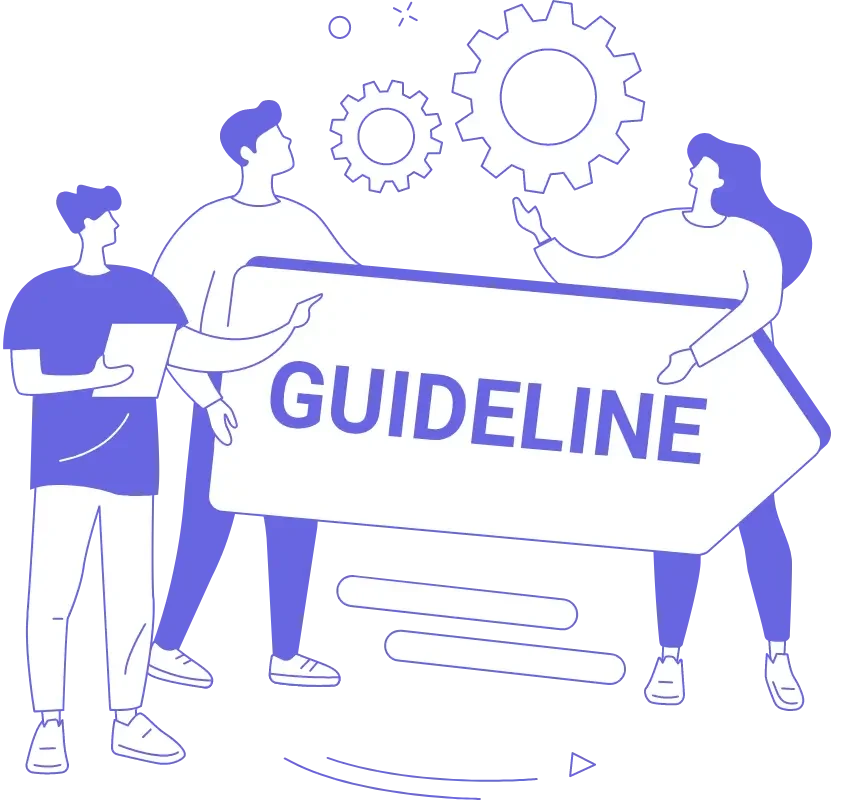
QA Manages the Lifecycle, QC Inspects the Output
Quality Assurance (QA) manages the entire lifecycle of software development. Yes—from initial planning and design to implementation and maintenance. This comprehensive management helps ensure that every stage of the process aligns with the predefined quality standards and objectives. We can say that QA specialists integrate quality practices at every step to minimize risks and enhance the overall reliability of the software.
Quality Control (QC) inspects the output at various stages of the software development process. It focuses on testing the final product to detect any deviations from the quality standards established by QA. For instance, QC specialists may run automated tests, conduct performance evaluations, and perform security assessments to help guarantee that the final product is defect-free and fully functional.

QA Promotes Continuity, QC Ensures Consistency
Quality Assurance (QA) ensures that quality practices are maintained over time. Basically, QA specialists establish a standardized approach to quality that persists through changes in project scopes or team members. This ongoing commitment to quality helps prevent fluctuations in project outcomes.
Quality Control (QC) ensures consistency in the final products. After QA has laid down the foundational quality practices, QC checks the outputs to verify that they consistently meet the established standards for each release. QC conducts detailed testing and review processes. Just to identify any variances in the product’s quality across different versions or releases. This critical evaluation helps ensure that every version of the product performs as expected.

Final Words
QA proactively establishes and enforces standards to prevent defects during the development process, whereas QC rigorously tests the final product to ensure compliance and functionality. Right?
Quality Assurance (QA) and Quality Control (QC) are distinct yet equally essential components of software development.
If you want both QA and QC to work effectively, make sure to maintain clear communication between the teams and integrate their feedback loops. This will allow for continuous improvement and seamless integration of quality measures throughout your project lifecycle. All for error-free results.



